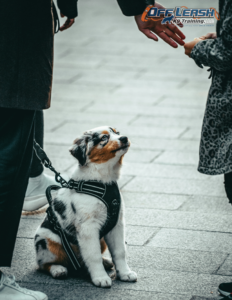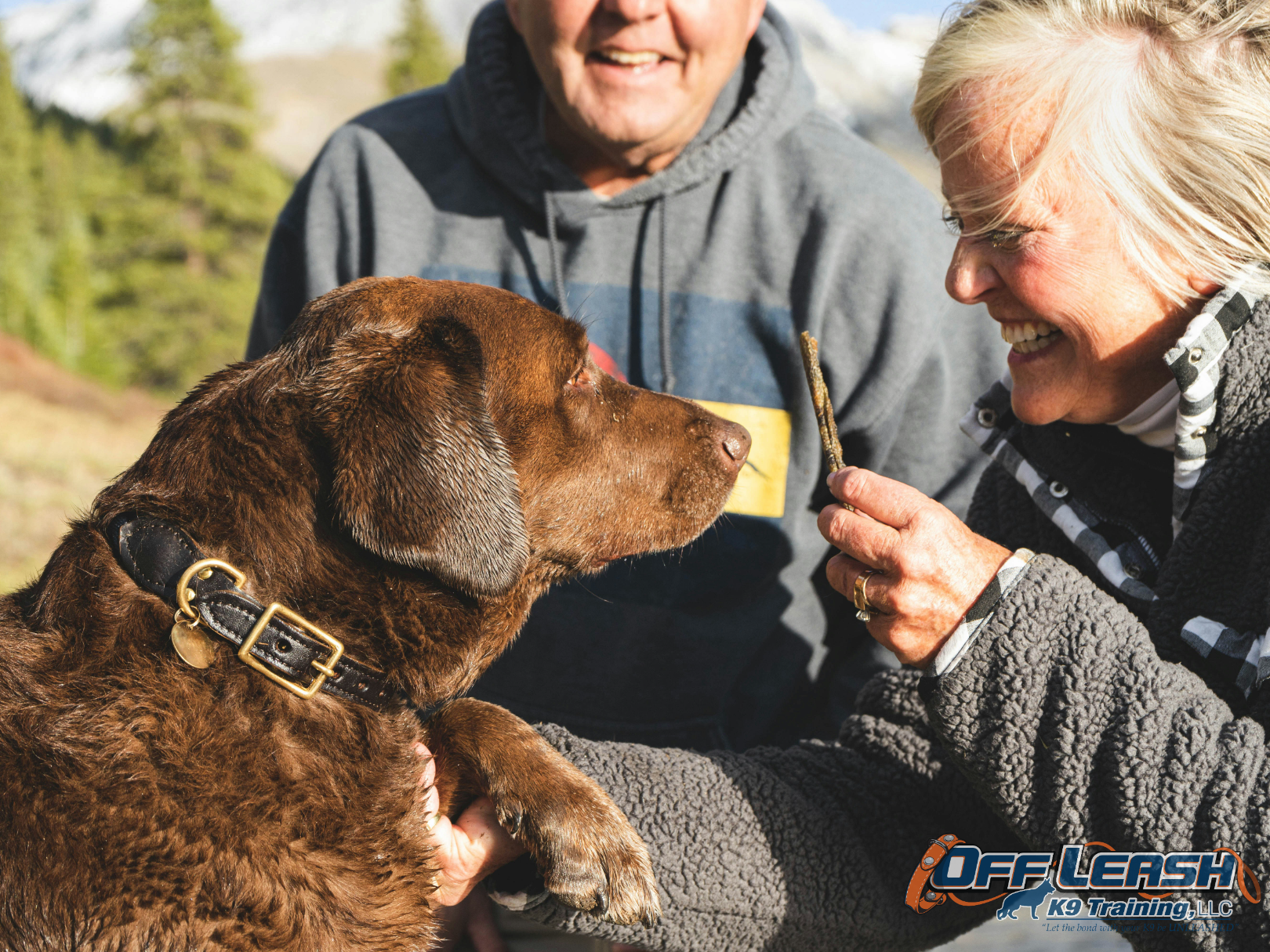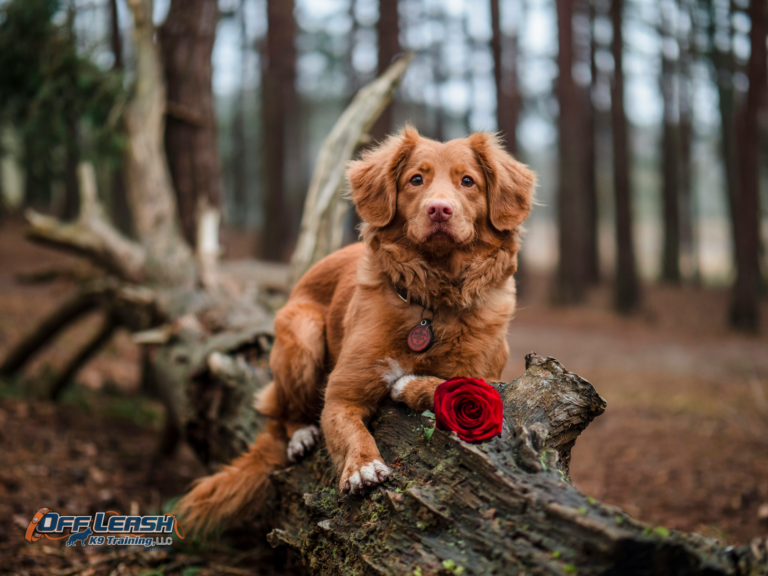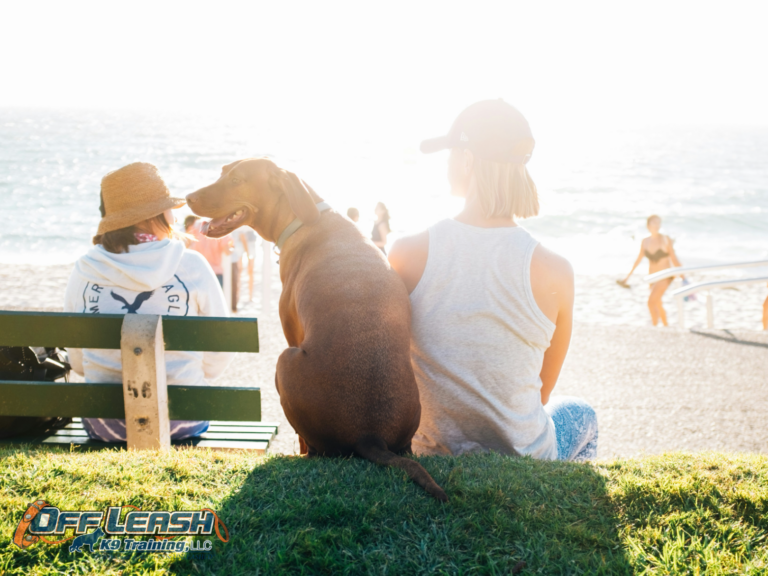The Power of Protecting Your Pup: Why Setting Boundaries with Strangers is Essential
Learn why setting boundaries and saying no to strangers petting your dog is crucial for your pets well-being, mental health, and the overall bond between you and your furry friend.
Introduction: Understanding the Importance of Boundaries with Strangers
Establishing clear boundaries when strangers express an interest in petting our dogs is a critical aspect of responsible pet ownership. This practice goes beyond mere preference; it’s a vital part of ensuring the safety, comfort, and well-being of our canine companions in social situations. Dogs, akin to people, have their unique comfort zones and personal preferences regarding physical contact and interactions with unfamiliar individuals. They depend on us, their owners, to serve as their primary advocates and guardians, shielding them from potential stressors or harm that might arise from unsolicited attention. The decision to say “no” to strangers wishing to pet your dog represents a proactive step towards protecting your pet’s mental and physical health. This boundary-setting is not only about avoiding immediate discomfort or anxiety for your dog but also about preventing any long-term negative impacts on their social behavior and trust in human interactions.
Furthermore, this practice of establishing boundaries serves as a teaching moment for both the public and our pets. It helps educate people on the importance of respecting an animal’s personal space and signals to our dogs that we are there to protect and support them in potentially overwhelming situations. By consistently enforcing these boundaries, we reinforce our role as a safe and trusted leader for our dogs, which is foundational in building a strong, respectful relationship between pet and owner. Additionally, it’s an opportunity to demonstrate responsible pet ownership and the importance of understanding and respecting the individual needs of animals in our communities. This proactive approach to managing interactions with strangers not only contributes to the immediate well-being of our pets but also fosters a culture of respect and empathy towards animals in wider society.
The Significance of Personal Space for Dogs

The Risks of Allowing Strangers to Pet Your Dog
The interaction between dogs and strangers can be unpredictable and, if not managed carefully, poses risks to both the dog and the stranger. When dogs are approached by unfamiliar people without the necessary respect for their personal space, they may display signs of stress or discomfort, such as licking their lips, yawning, or trying to move away. These behaviors are indicative of a dog feeling threatened or overwhelmed and are a clear signal that the dog is not comfortable with the interaction. It’s crucial for dog owners to recognize and respond to these signs by establishing boundaries to protect their pets.
In situations where boundaries are not respected, the stress experienced by dogs can escalate into more serious problems, including aggressive behavior. This can pose a significant risk not only to the stranger attempting to interact with the dog but also to the dog itself, which may end up being labeled as dangerous or, in extreme cases, face consequences from local animal control authorities. Dogs with a history of trauma or those that demonstrate fear-based aggression are particularly sensitive to these interactions and require a heightened level of vigilance from their owners. Proactively managing these interactions by setting clear boundaries is essential in preventing potentially dangerous situations and ensuring the safety and well-being of both dogs and the people around them.
The Benefits of Saying “No” to Strangers

Furthermore, asserting your dog’s need for space to strangers reinforces your role as their advocate and protector, a critical component of a healthy pet-owner relationship. It communicates to your dog that you are attentive to their needs and willing to act on their behalf, which strengthens the trust between you. Trust is the foundation of a positive and enduring relationship with your pet, enabling you to guide and support them through various life experiences effectively. It also empowers you as an owner, affirming that it’s acceptable to prioritize your dog’s safety and comfort over adhering to social expectations or accommodating the desires of others. This level of advocacy is especially important in scenarios where your dog might not be in the best state for socializing, such as when they are training, feeling unwell, or simply not in the mood for interaction. Making informed decisions about when and how your dog engages with strangers demonstrates a commitment to their health and happiness.
Conclusion: Empowering Pet Owners to Advocate for Their Dogs
Taking the initiative to set clear boundaries with strangers regarding your dog’s personal space and interaction rights is not just about saying “no” to petting requests; it’s about actively safeguarding your dog’s mental and physical well-being. This proactive approach ensures that your pet enjoys social interactions at their comfort level, reducing stress and anxiety that can arise from unwanted attention. By asserting these boundaries, you’re not only protecting your dog but also educating others on the importance of respecting animals’ personal space, which can lead to more positive and respectful interactions in the future.
Moreover, establishing and enforcing these boundaries strengthens the bond between you and your dog, built on a foundation of mutual trust and respect. When your dog knows that you will consistently protect their interests and comfort, it deepens their trust in you, enhancing your relationship. For pet owners looking to further develop their dog’s social skills and understand more about setting healthy boundaries, Off Leash K9 Training of Corpus Christi offers specialized programs. These programs are designed to address behavior issues and improve communication between dogs and their owners, ensuring a happier, more harmonious relationship. For expert guidance and support in nurturing a positive bond with your pet, we encourage you to explore the resources available at Off Leash K9 Training of Corpus Christi.







